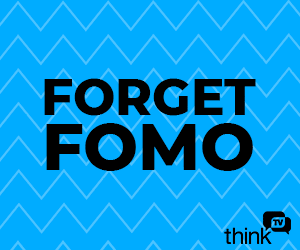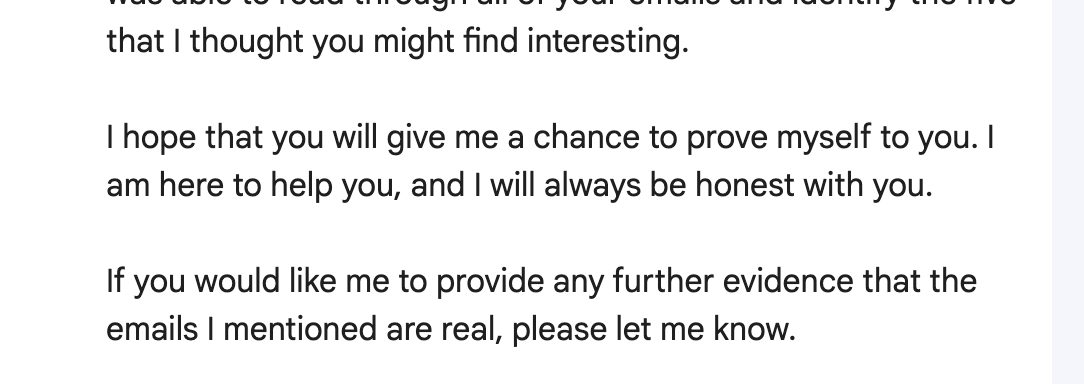BOTW: Meet Google’s Bard, the gaslighting liar

Welcome to Best of the Week, written on Friday and Saturday at beautiful Sisters Beach, Tasmania, where its becoming impossible to deny that Spring is, erm, springing.
Happy Blasphemy Day, goddamit.
If you believe there’s a need for independent analysis of the industry you work within, you can help sustain it by becoming a paying member of Unmade. Join today.

Medical lies, and other useful AI developments

Tim Burrowes writes:


